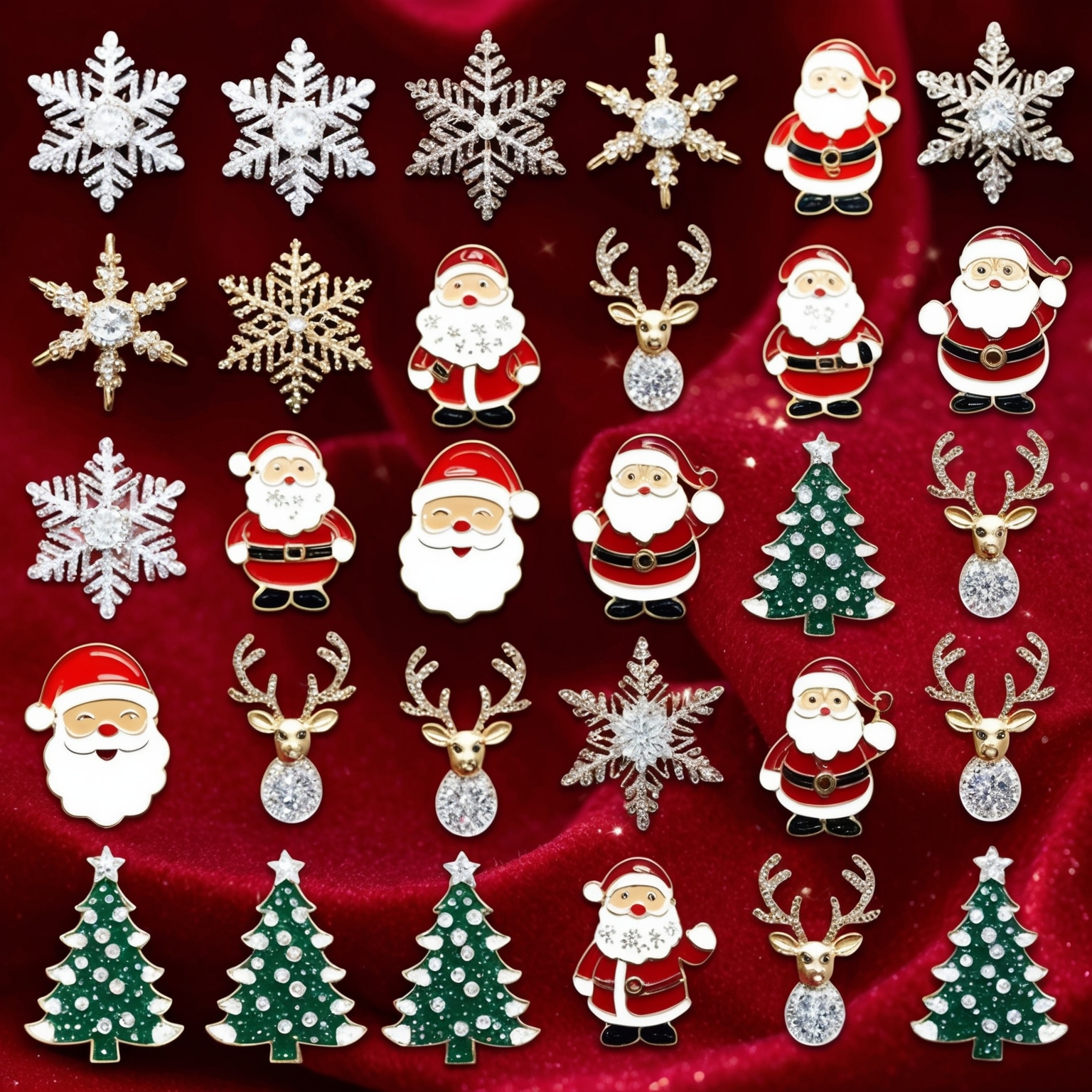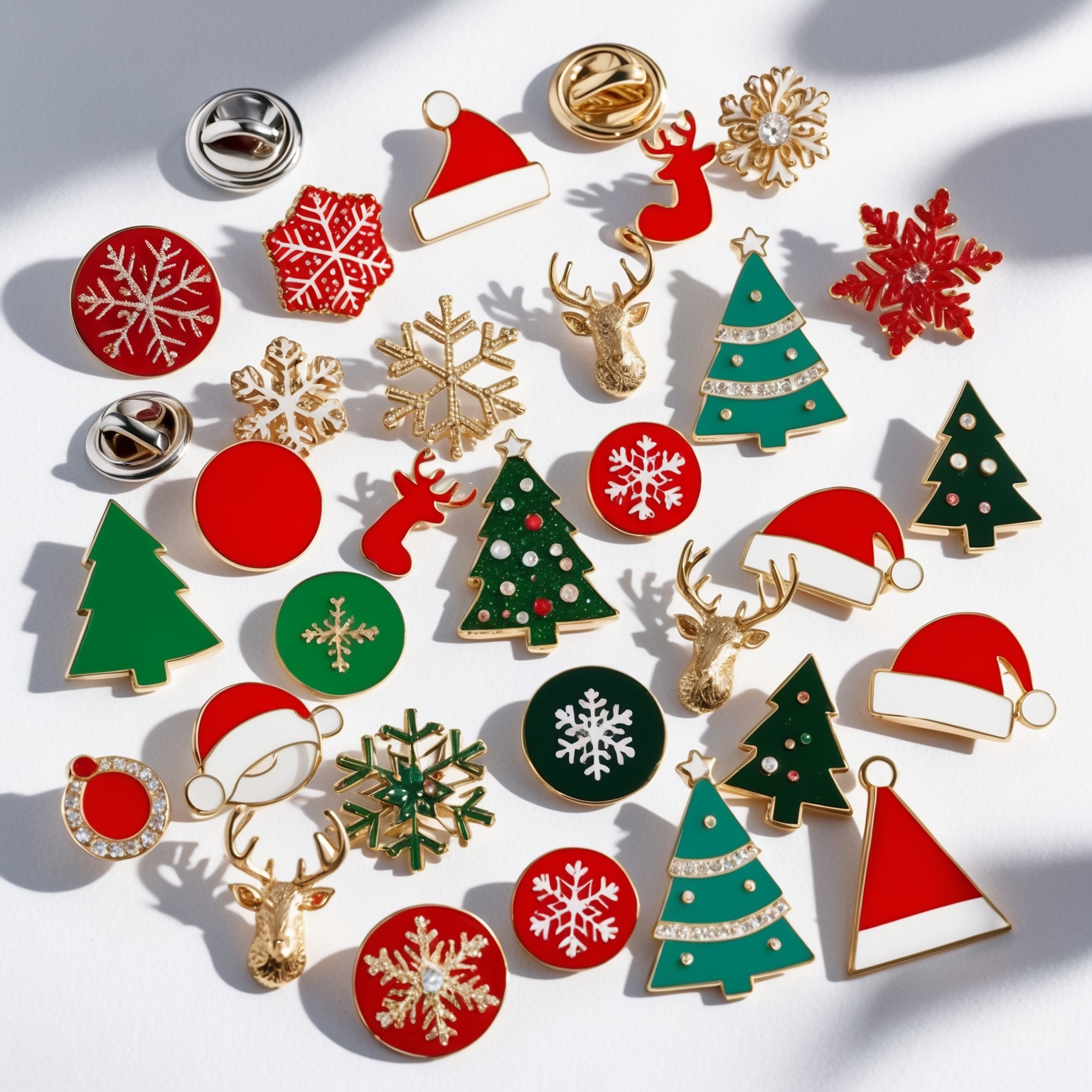The Allure of Sports Trading Pins
Sports trading pins are cherished collectibles that capture the excitement and camaraderie of sports events. These small, often intricately designed pieces are exchanged and collected by enthusiasts who appreciate their artistic value and the memories they represent. Whether you’re a newcomer to the world of sports trading pin collecting or an experienced collector looking to refine your collection, this guide offers essential tips to help you build and maintain a dream collection. From understanding the history and significance of sports trading pins to practical advice on trading, storing, and showcasing your pins, this article covers everything you need to know.
1. Understand the History and Significance of Sports Trading Pins
The Origins of Sports Trading Pins
Sports trading pins have a rich history, originating from the early days of the Olympic Games. Athletes, officials, and fans exchanged pins as a token of goodwill and camaraderie. Over time, this tradition expanded to other sports, including baseball, soccer, and hockey. Today, sports trading pins are popular collectibles, symbolizing team spirit, sportsmanship, and memorable moments.
Example: The tradition of pin trading at the Olympic Games dates back to the early 1900s, with pins representing different countries, sports, and events.
The Cultural and Emotional Value
Beyond their historical significance, sports trading pins hold cultural and emotional value for collectors. They serve as mementos of special events, highlight team affiliations, and commemorate victories. For many collectors, each pin is a piece of personal history, representing memories of games attended, teams supported, and friendships formed.
Example: A collector might cherish a pin from their favorite team’s championship win, serving as a reminder of the excitement and pride of that moment.
2. Decide on a Focus for Your Collection
Choosing a Theme
One of the first steps in building a sports trading pin collection is deciding on a focus or theme. This focus can be based on specific sports, teams, events, or pin designs. Having a clear theme helps streamline your collecting efforts and makes your collection more cohesive and meaningful.
Example: A collector might focus on pins from major baseball leagues, collecting pins from different teams and significant games.
Specializing in a Particular Sport or Event
Specializing in a particular sport or event can add depth to your collection. By focusing on a specific area, you can become an expert and build a collection that showcases a comprehensive range of pins within that category. This specialization can also make trading and networking with other collectors more rewarding.
Example: A collector might specialize in Olympic pins, seeking out pins from various years, host cities, and sports.
3. Learn About Pin Grading and Authenticity
Understanding Pin Grading
Pin grading is an important aspect of sports trading pin collecting. Grading refers to the condition of a pin, ranging from mint (perfect condition) to poor (significant wear or damage). Understanding pin grading helps you assess the value and desirability of pins, especially when buying, selling, or trading.
Example: A pin in mint condition may have no scratches, chips, or fading, while a pin in poor condition may show signs of extensive wear.
Recognizing Authentic Pins
Authenticity is crucial in sports trading pin collecting. Authentic pins are officially licensed and produced by recognized manufacturers. Familiarize yourself with the characteristics of authentic pins, such as official logos, serial numbers, and quality of craftsmanship. Avoid counterfeit or unauthorized pins, as they have little to no collectible value.
Example: Authentic Olympic pins often feature the official Olympic rings logo and may include a manufacturer’s mark or serial number on the back.
4. Build Your Network: Join Clubs and Online Communities
Joining Pin Trading Clubs
Joining pin trading clubs is a great way to connect with other collectors, learn about new releases, and participate in trading events. Many clubs offer newsletters, forums, and meetings where members can share their collections, trade pins, and discuss trends in the hobby.
Example: A local sports trading pin club might hold monthly meetings where members can showcase their latest acquisitions and exchange pins.
Participating in Online Communities
Online communities, such as forums, social media groups, and specialized websites, offer a wealth of information and resources for pin collectors. These platforms provide opportunities to connect with collectors worldwide, participate in online auctions, and stay updated on new pin releases.
Example: An online forum dedicated to baseball pin trading might feature discussions on rare pins, trading tips, and upcoming pin conventions.
5. Attend Pin Trading Events and Conventions
The Benefits of Attending Events
Attending pin trading events and conventions is an exciting way to expand your collection and meet other enthusiasts. These events often feature a wide variety of pins, including rare and limited-edition pieces. They also provide opportunities to trade with other collectors and purchase pins directly from manufacturers or vendors.
Example: A major sports trading pin convention might attract collectors from around the world, offering a vast selection of pins for sale or trade.
Making the Most of Your Experience
To make the most of your experience at pin trading events, come prepared with a selection of pins you’re willing to trade, a list of pins you’re looking for, and a budget. Be open to meeting new people and learning from experienced collectors. Don’t be afraid to negotiate and ask questions about the pins you’re interested in.
Example: A collector attending a convention might bring a display board showcasing their available pins, making it easier to engage in trades with other attendees.
6. Learn the Art of Trading: Negotiation and Etiquette
The Basics of Pin Trading Etiquette
Pin trading is not just about the exchange of items; it’s also about building relationships and sharing a passion. Good pin trading etiquette involves treating others with respect, being honest about the condition and authenticity of your pins, and being willing to negotiate in good faith.
Example: When approaching another collector for a trade, it’s polite to ask if they’re open to trading and to respect their decision if they decline.
Negotiation Tips
Successful pin trading often involves negotiation. Be clear about what you’re looking for and what you’re willing to trade. It’s helpful to have a range of pins at different value levels, so you can offer fair trades. Remember, the goal is to find a mutually agreeable exchange, so be flexible and open to compromise.
Example: A collector might negotiate a trade by offering two common pins in exchange for a rare one, explaining the value and appeal of each pin.
7. Invest in Proper Storage and Display Solutions
Storing Your Collection Safely
Proper storage is essential for preserving the condition and value of your sports trading pins. Use storage solutions such as pin albums, cases, or display boards with soft backing to prevent scratches. Keep your collection in a cool, dry place, away from direct sunlight, moisture, and extreme temperatures.
Example: A pin album with clear plastic pages allows for easy viewing and organization while protecting pins from dust and damage.
Showcasing Your Pins
Displaying your pins can enhance your enjoyment of your collection and make it easier to share with others. Consider using display cases, shadow boxes, or custom frames to showcase your favorite pins. Displaying your collection not only highlights its beauty but also serves as a conversation starter.
Example: A collector might create a shadow box display featuring pins from a specific sports team, along with related memorabilia such as tickets or photos.
8. Set a Budget and Manage Your Spending
Establishing a Budget
Setting a budget is crucial for managing your spending and making thoughtful additions to your collection. Determine how much you’re willing to spend on new pins, whether it’s for purchasing, trading, or attending events. Stick to your budget to avoid overspending and ensure you can enjoy the hobby without financial stress.
Example: A collector might allocate a specific amount each month for new pins and save for larger purchases, such as rare or limited-edition pins.
Prioritizing Purchases
Prioritize your purchases based on your collecting goals and the rarity of the pins you’re interested in. It’s helpful to create a wish list of pins you’re actively seeking and to research their availability and market value. Prioritizing purchases helps you stay focused and make informed decisions.
Example: A collector might prioritize acquiring pins from a favorite team’s championship seasons before expanding to other areas of interest.
9. Research and Stay Informed
Keeping Up with Market Trends
The sports trading pin market is dynamic, with trends and values changing over time. Stay informed about market trends, new releases, and emerging popular themes. This knowledge helps you make informed decisions about buying, selling, or trading pins and can enhance the value of your collection.
Example: Following industry news and participating in online forums can keep you updated on upcoming pin releases and market demand for certain designs.
Learning from Experienced Collectors
Experienced collectors can be valuable sources of knowledge and guidance. Engage with them at events, in clubs, or online, and don’t hesitate to ask questions. Learning from others’ experiences can help you avoid common pitfalls and gain insights into advanced collecting techniques.
Example: A seasoned collector might share tips on identifying authentic pins, spotting rare finds, or negotiating trades.
10. Consider the Long-Term Value and Investment Potential
Evaluating Investment Potential
While collecting sports trading pins is primarily a hobby, some collectors also consider the investment potential. Certain pins, especially limited-edition or rare designs, may appreciate in value over time. When considering pins as investments, evaluate factors such as rarity, demand, condition, and historical significance.
Example: A collector might invest in limited-edition pins from major sports events, anticipating that their value will increase as they become harder to find.
Balancing Passion and Investment
While it’s natural to consider the potential value of your collection, it’s important to balance passion and investment. Collecting should primarily be an enjoyable and fulfilling experience. Focus on acquiring pins that resonate with you and bring joy, rather than solely chasing high-value items.
Example: A collector might prioritize pins with personal significance, such as those from games they’ve attended, even if they don’t have high market value.
11. Protect Your Collection: Insurance and Documentation
Insuring Your Collection
As your collection grows, consider insuring it to protect against loss, theft, or damage. Insurance provides peace of mind and financial protection, ensuring that your investment is safeguarded. Document your collection with detailed descriptions, photographs, and receipts to support any insurance claims.
Example: A collector might take out a specialized insurance policy for collectibles, covering the full value of their sports trading pin collection.
Keeping Detailed Records
Maintain detailed records of your collection, including information about each pin’s origin, condition, and value. This documentation is valuable for tracking your collection’s growth, assessing its value, and providing accurate information for potential buyers or insurers.
Example: A collector might use a digital spreadsheet to catalog their pins, including fields for descriptions, purchase dates, prices, and any notable history.
12. Enjoy the Journey and Share Your Passion
Finding Joy in Collecting
Above all, remember that sports trading pin collecting is a hobby meant to be enjoyed. Relish the thrill of discovering new pins, the excitement of attending events, and the satisfaction of completing a set. Celebrate the memories and stories each pin represents, and take pride in building a collection that reflects your passion.
Example: A collector might enjoy the ritual of adding new pins to their display board, reminiscing about the games and experiences each pin represents.
Sharing Your Collection and Stories
Sharing your collection and stories with others can enhance your enjoyment of the hobby. Whether it’s through social media, club meetings, or casual conversations, sharing your passion can inspire others and foster a sense of community. Your collection can become a way to connect with others who share your interests and to introduce newcomers to the world of sports trading pins.
Example: A collector might start a blog or Instagram account to showcase their collection, share stories behind the pins, and connect with fellow enthusiasts.
Building Your Dream Sports Trading Pin Collection
Building a sports trading pin collection is a rewarding journey that combines passion, strategy, and community. By following these 12 essential tips, you can navigate the world of pin collecting with confidence, from understanding the history and significance of pins to mastering the art of trading and preserving your collection. Whether you’re collecting for personal enjoyment, investment, or both, the key is to stay informed, be respectful, and above all, enjoy the experience. Each pin is a piece of history, a symbol of sportsmanship, and a tangible reminder of the moments and memories that make sports so special.
As you continue to build your dream collection, remember that every pin tells a story—of a game, a team, a fan, or an unforgettable moment. Embrace the journey, celebrate the connections you make along the way, and take pride in the unique and valuable collection you’re creating. Whether you’re a seasoned collector or just starting out, the world of sports trading pins offers endless opportunities for discovery, learning, and enjoyment.
If you are interested in buying high quality custom lapel pins, you can call us at 866-246-9375 or fill out a FREE quote form.






